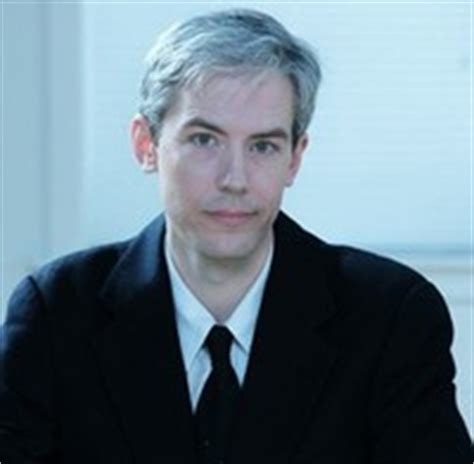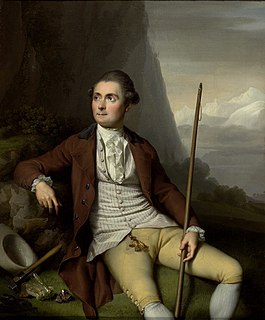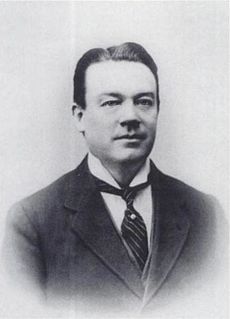A Quote by Herbert Read
In order to create it is necessary to destroy; and the agent of destruction in society is the poet. I believe that the poet is necessarily an anarchist, and that he must oppose all organized conceptions of the State, not only those which we inherit from the past, but equally those which are imposed on people in the name of the future.
Related Quotes
I am NOT an anarchist. Never have been, never will be. Just because Crimethinc put out two of my poetry books, I am labeled everywhere as an anarchist poet. I am a poet, yes. Not an anarchist. I have no formulated political philosophy other than a general feeling of disgust for the majority of the human race.
The anarchists put the thing upside down. They declare that the proletarian revolution must begin by doing away with the political organization of the state. But to destroy it at such a moment would be to destroy the only organism by means of which the victorious proletariat can assert its newly-conquered power, hold down its capitalist adversaries, and carry out that economic revolution of society without which the whole victory must end in a new defeat and a mass slaughter of the workers similar to those after the Paris commune.
The theory of the earth is the science which describes and explains changes that the terrestrial globe has undergone from its beginning until today, and which allows the prediction of those it shall undergo in the future. The only way to understand these changes and their causes is to study the present-day state of the globe in order to gradually reconstruct its earlier stages, and to develop probable hypotheses on its future state. Therefore, the present state of the earth is the only solid base on which the theory can rely.
One of the surest tests of the superiority or inferiority of a poet is the way in which a poet borrows. Immature poets imitate mature poets steal bad poets deface what they take and good poets make it into something better or at least something different. The good poet welds his theft into a whole of feeling which is unique utterly different than that from which it is torn the bad poet throws it into something which has no cohesion. A good poet will usually borrow from authors remote in time or alien in language or diverse in interest.
I believe that marriage has a spiritual foundation because only a man and a woman can create life, which is a gift from God. So, while I believe that government should bestow benefits equally, I also believe that government must respect those - like myself - who believe that marriage has a religious foundation.
The task of the mind is to produce future, as the poet Paul Valery once put it. A mind is fundamentally an anticipator, an expectation-generator. It mines the present for clues, which it refines with the help of the materials it has saved from the past, turning them into anticipations of the future. And then it acts, rationally, on the basis of those hard-won anticipations.
One of the appeals of William Carlos Williams to me is that he was many different kinds of poet. He tried out many different forms in his own way of, more or less, formlessness. He was also a poet who could be - he was a love poet, he was a poet of the natural order and he was also a political poet.
A poet articulating the dreads and horrors of our time is necessary in order to make readers understand what is happening, really understand it, not just know about it but feel it: and should be accompanied by a willingness on the part of those who write it to take additional action towards stopping the great miseries which they record.
Two opposing forces inhabit the poem: one of elevation or up-rooting, which pulls the word from the language: the other of gravity, which makes it return. The poem is an original and unique creation, but it is also reading and recitation: participation. The poet creates it; the people, by recitation, re-create it. Poet and reader are two moments of a single reality.
Socialism is the phantastic younger brother of despotism, which it wants to inherit. Socialism wants to have the fullness of state force which before only existed in despotism. ... However, it goes further than anything in the past because it aims at the formal destruction of the individual ... who ... can be used to improve communities by an expedient organ of government.





































